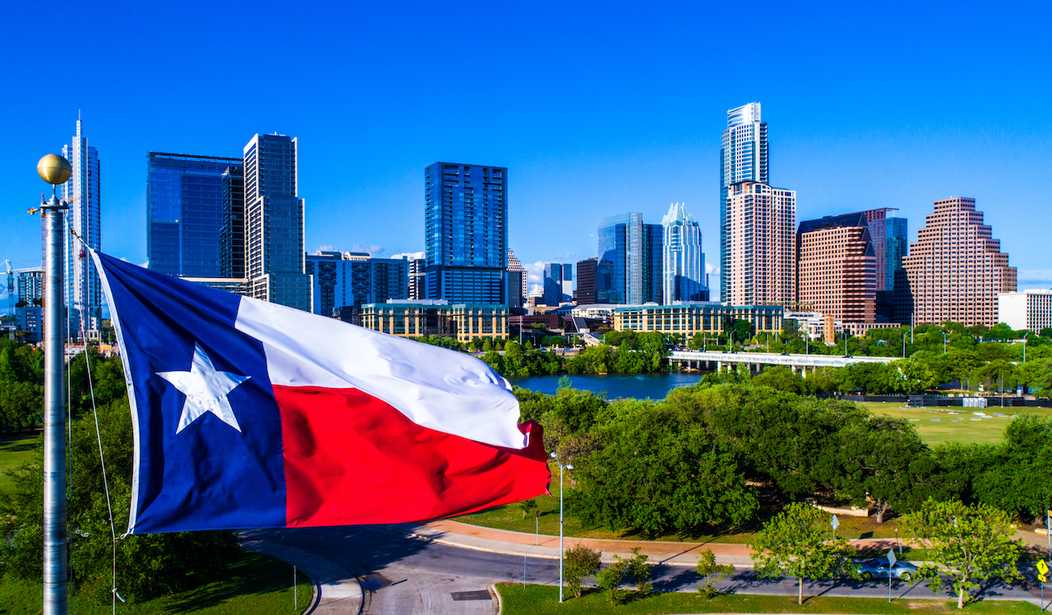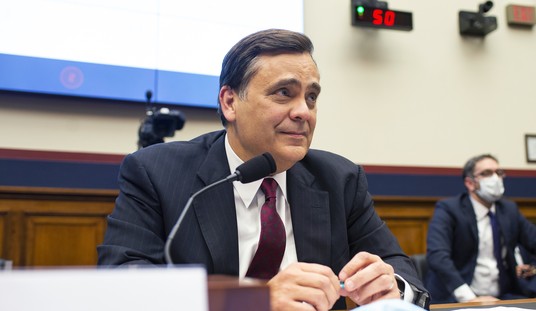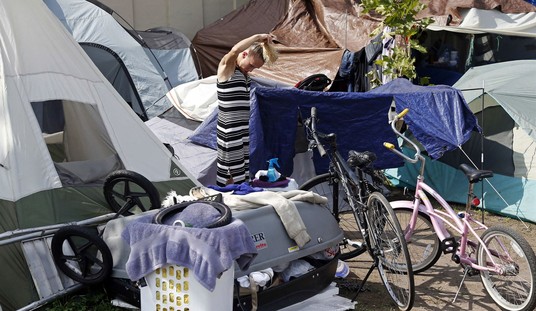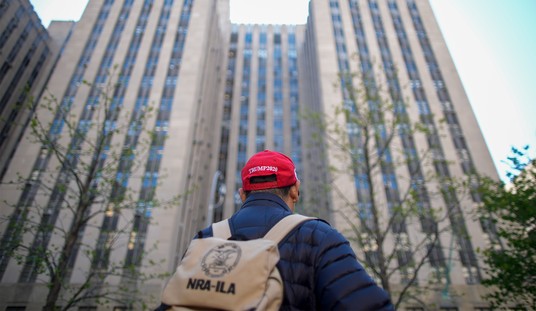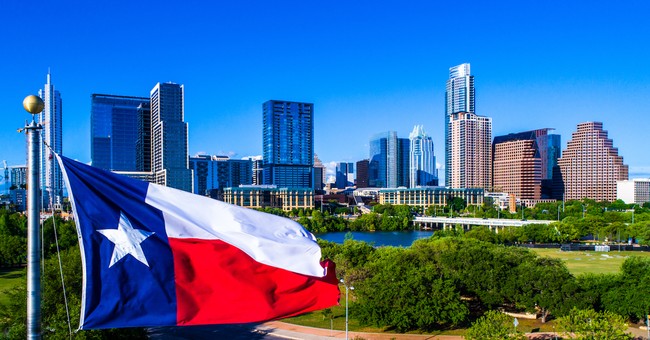
Texas flag. (RoschetzkyIstockPhoto/iStock/Getty Images Plus)
Texas is known as one of the freest states in the nation. It’s a state that puts no state tax on its citizens and its governor actually makes it a habit to let you watch as he signs bills that lift state regulations or confining laws that shouldn’t be laws in the first place.
Such laws that have been struck from the books include making red light cameras within the state of Texas illegal, allowing alcohol to be delivered to your door just like a pizza, and lifting regulations that allow kids to sell lemonade without harassment from state and local governments.
(READ: Gregg Abbott Is Making It Fun to Watch Authoritarianism Die)
His most recent move is lifting regulations on trucks that transport alcohol to allow them to also transport supplies to grocery stores in order to get the needs of Texans met across the state much faster.
(READ: Greg Abbott Suspends State Laws Allowing Supplies to Get to Texans Faster During the Pandemic)
Texas’s lack of authoritarianism toward its citizens, low tax rates, and proprietary funding has also spawned an interesting result. Thanks to Texas not requiring funding for a myriad of programs that suck the taxpayer and the treasury’s coffers dry, funding has gone to programs that matter, thus giving Texas an edge in the battle against the Wuhan virus pandemic.
According to KSAT-TV, Texas was recently rated one of the most prepared states in the nation to fight public health disasters and that’s because it puts funding where it needs to go. While Texas isn’t the best in some regards, it succeeds where it counts:
- Public Health Funding – Increased by 8% from 2018 to 2019, which ranks the 10th-biggest rate increase.
- Water Security – Ranked 32nd; 7% of people in Texas used a community water system in violation of health-based standards.
- Paid Time Off – Ranked 1st; 68% of Texas has paid time off to prevent the spread of disease.
- Seasonal Flu Vaccine – Ranked 35th; 47.9% of people in Texas have a flu shot vaccine.
- Patients Safety – Ranked 15th; 38% of hospitals that have an “A” grade, fall 2019.
- Hospital Preparedness – 80% of Texas’ hospitals participate in relevant health care coalitions.
At this time, there have been around 50 reported cases of the Coronavirus in Texas according to KETK-TV, but as of yet, not one death.
In February, Abbott said that this preparedness happened because Texas learned the lessons given to it not long ago at the hands of the Ebola virus.
“Texans are going to be very pleased to learn the extent of which we’ve already been working to deal with the coronavirus,” Abbott said. “This is something we’ve been working on for well over a month. We’re getting collaboration with CDC, federal officials, local officials making sure Texas is very well prepared.”
“Dealing with the Ebola experience in Dallas years ago really did a great job of preparing Texas to deal with this coronavirus challenge,” Abbott said. “It was one of the most profound efforts we had to undertake with regard to a public health situation about containing a very dangerous disease. Because of that, we’re far better prepared today. We’ve been through this exercise before. In Texas language, this isn’t our first rodeo. We’ve able to be far more prepared in advance this time than we were before this Ebola situation.”
What can we pull from this? For one thing, we can learn that a less weighty government that learns the lessons of its past is one that moves quickly, adapts to situations more effectively and is capable of dealing with problems more efficiently.
While there’s always room for improvement, Texas strikes a balance of smart governing and not governing at all, allowing it to do what’s necessary to make sure that when disaster strikes, Texas is ready.

